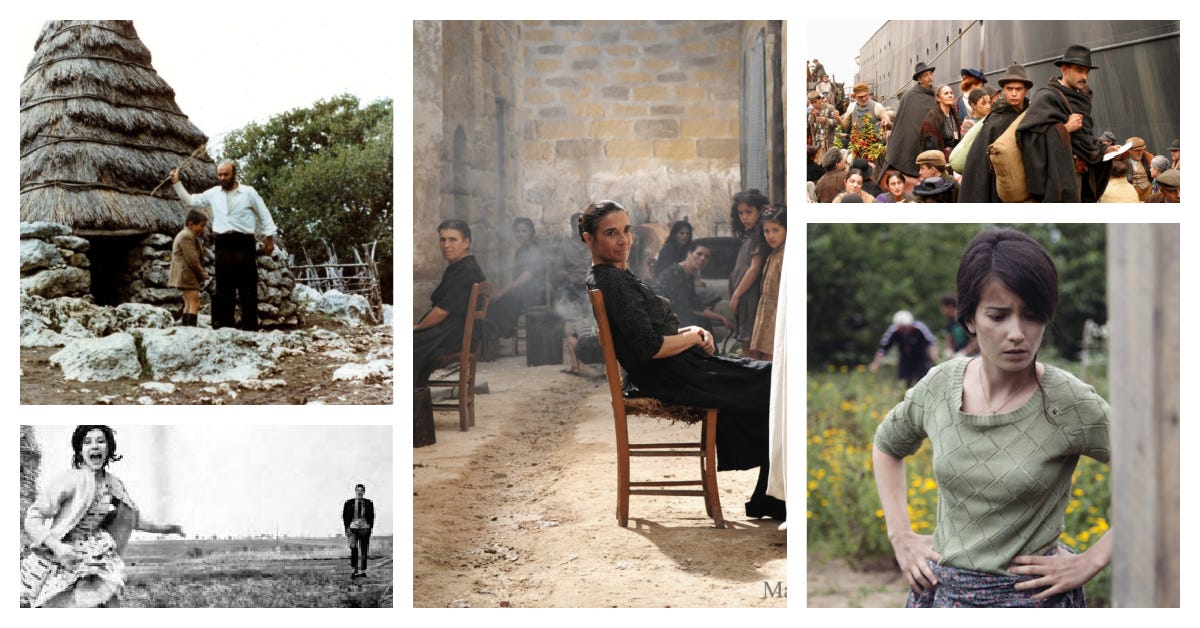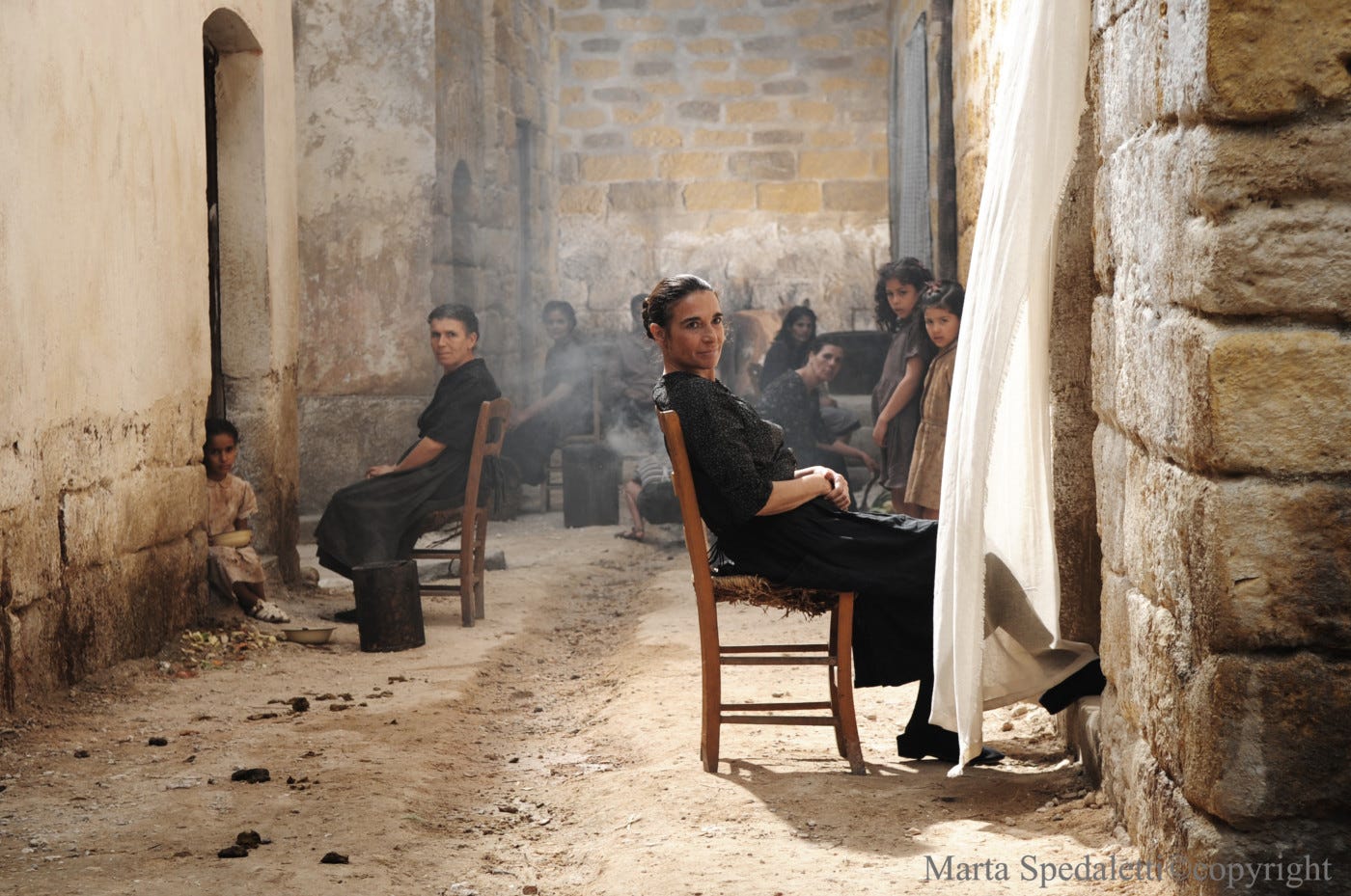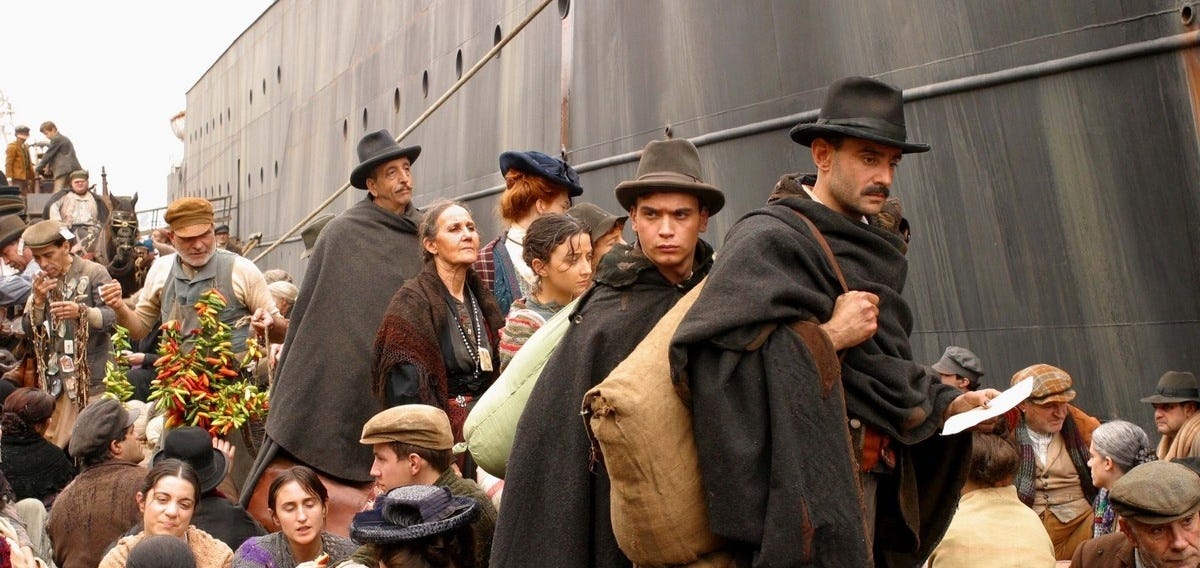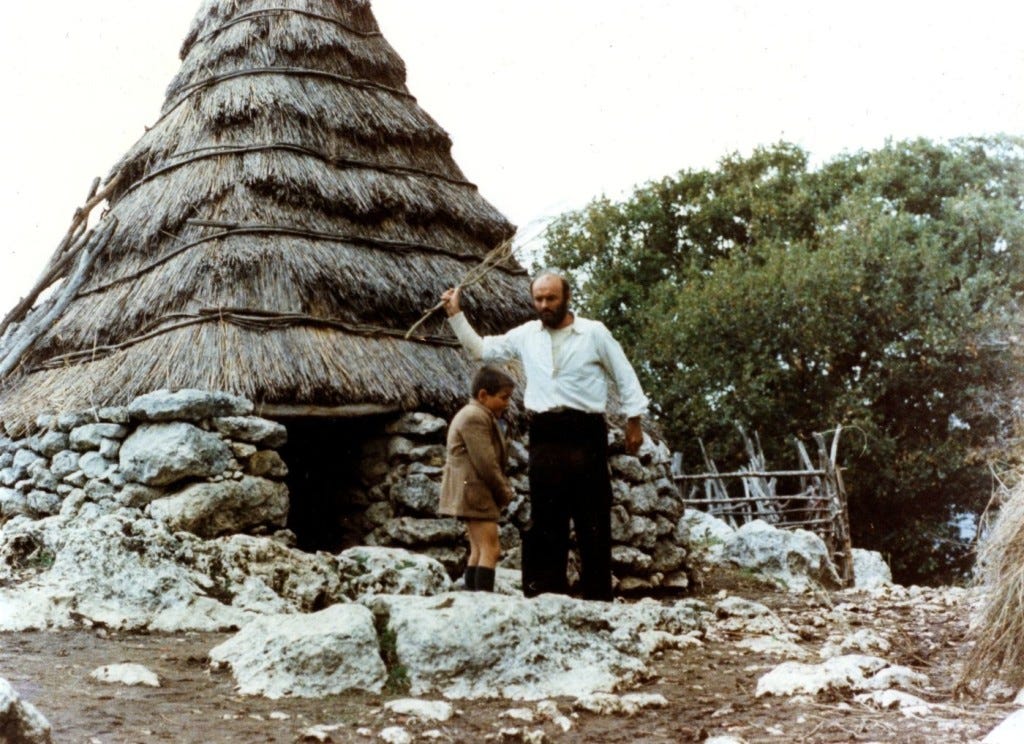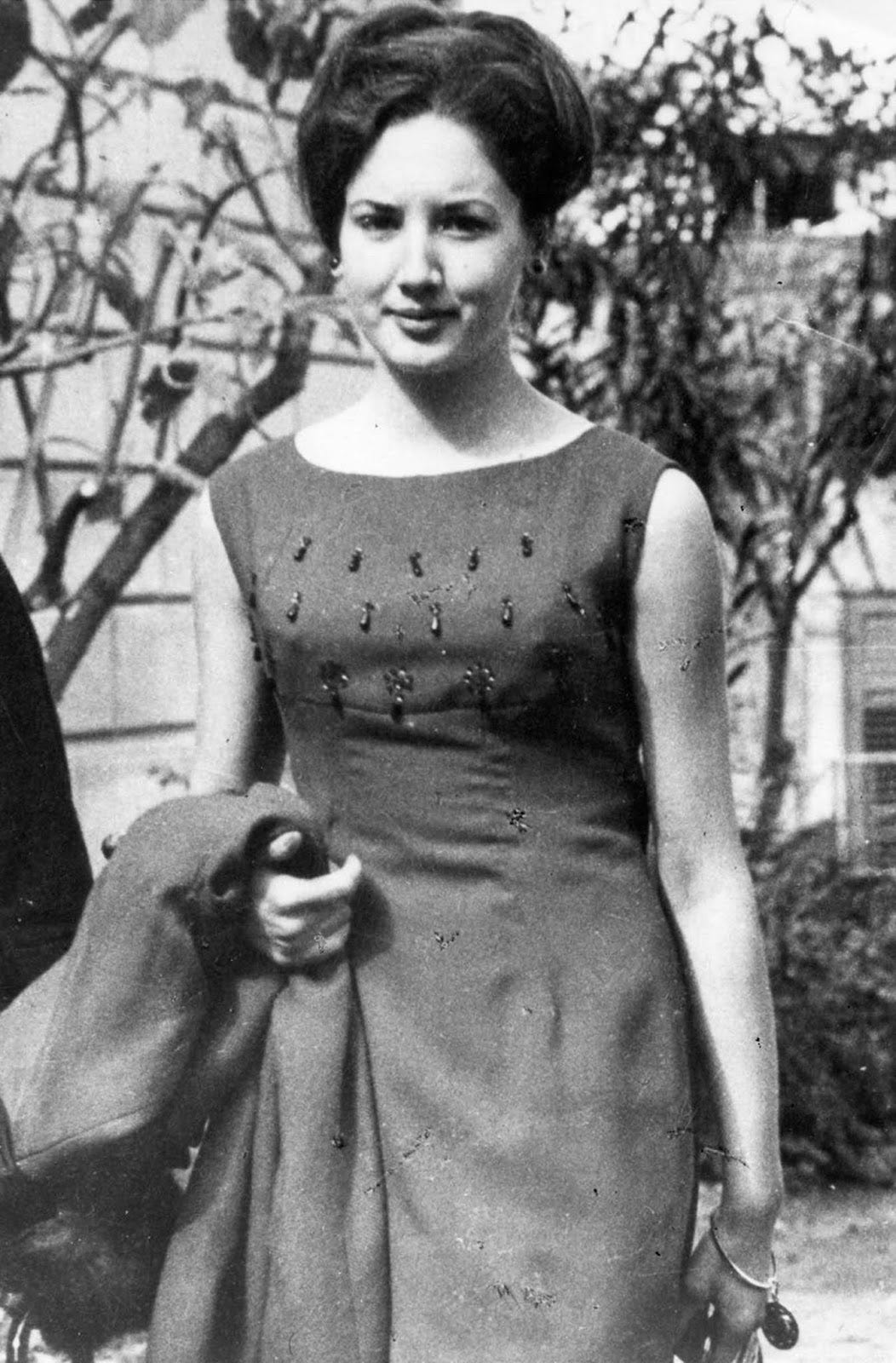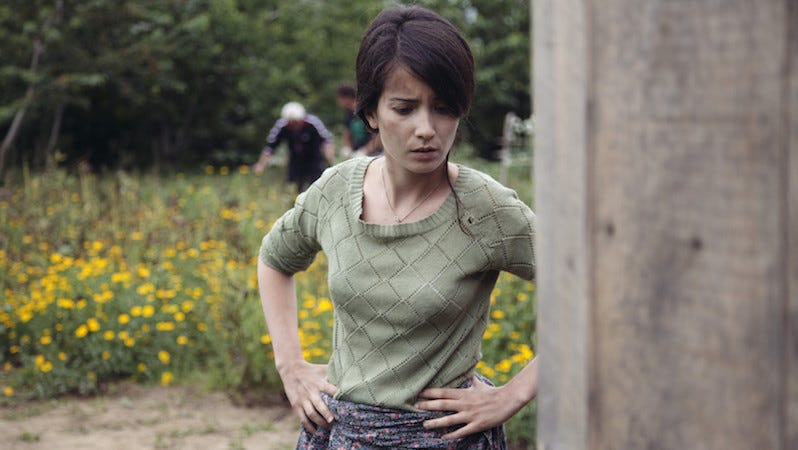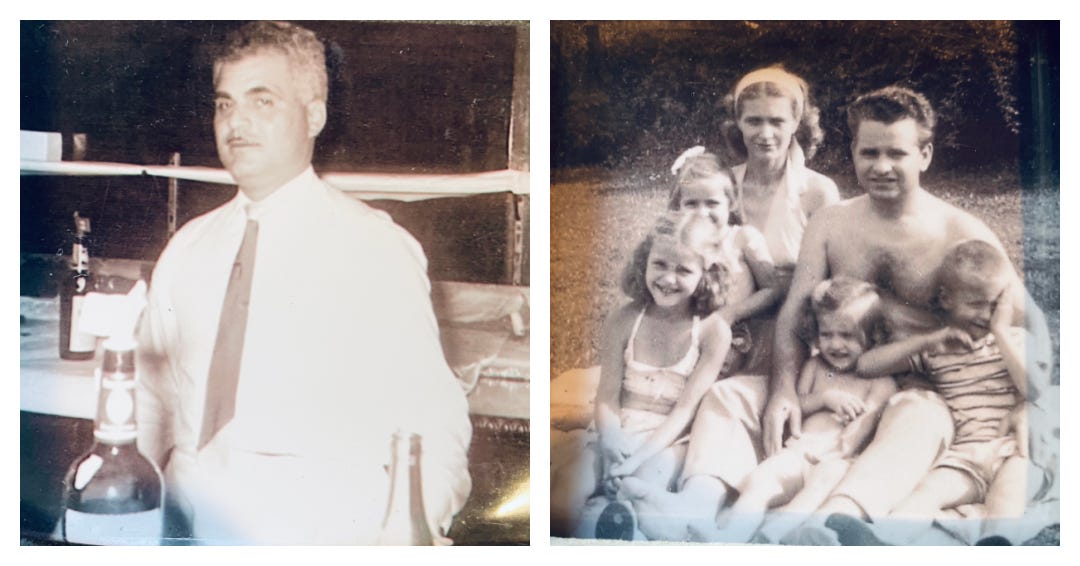Salve ragazzi,
Director Alejandro Gonzalez Inarritu (Birdman), said “Cinema is a mirror by which we often see ourselves,” and I agree; the better the film, the deeper we can go.
For Italian Americans who want to know not only more about themselves, but also about where they came from, Italian movies are a priceless fountain of revelation.
If you want to better understand your Italian Nonni, I’d like to suggest a little Italian American Movies 101 to help you see where they are coming from.
Have you ever wondered why your grandparents care so much about food?
Obviously, Italy is overflowing with good cooks, recipes, food, and wines, but your grandparents might appreciate it more because they might not have had enough of it growing up. Between 1880 and 1924 more than 4 million Italians emigrated to the United States, with over have of them between 1900 and 1910. Of these, the majority were landless peasants fleeing abject poverty in the south and in Sicily.
There’s a scene that really stuck with me in Giuseppe Tornatore’s homage to his hometown, Bagheria, Sicily, called Baària in which a woman has no food, but roasts scraps of meat that the butcher has given her “for her cat”, just so it will smell like she’s cooking a meal. She doesn’t want the neighbors to know they hadn’t eaten for a week; “Better dead than gossiped about”.
So when your great grandmother said, “Mangia!”, she’s just so very happy that there is food on the table.
Have you ever said, “My grandparents wouldn’t teach us Italian”, and figure it was because they wanted you to be American and speak English? This might be true, but another reason is that your grandparents might not have even spoken Italian. My husbands’ grandfathers both spoke Italian dialects that were not at all alike; one was from Campania and learned to speak Italian when he moved to the USA (for business purposes). The other, from Calabria, never did. Both spoke English well, and there was no reason to speak anything but dialect unless you wanted to speak with Italians from other parts of Italy. If Brian had learned his Grandpa Tony’s language, it would have been a very particular Calabrian language, very cool, but not very practical, and not Italian.
You can see for yourselves by watching films by director Emanuele Crialese, particularly Nuovomondo (The Golden Door).
This movie about Italian immigrants in the early 1900s is spoken almost entirely in an archaic Sicilian dialect, so difficult to understand that even modern day Italian moviegoers in Italian theaters needed subtitles.
If you want to know what your great grandparents sacrificed and endured to come to the new world, I absolutely insist you watch this movie!
My husband’s family has a story about Grandpa Tony and how tough his family was on him. They said that at when he was in 6th grade, he was going to school during the day and working at a cement block company at night. When the nuns complained that he was falling asleep in class, his mother said, “OK, I guess he’ll have to drop out of school.” Telling this story, everyone would always end by saying, “Can you believe it?”
Well, after watching the Taviani Brothers’ film Padre Padrone, I believe it.
In Padre Padrone, Vittorio and Paolo Taviani tell the true story of 7 year old Gavino, whose father took him out of school to tend the family’s sheep herd. As they watch this overbearing man march his son out the classroom door, his classmates worry that they will be next.
The film is an extremely raw and painfully cruel portrait of the a poor Sardinian child who lived, for years, in isolation in the rugged countryside.
Have you ever complained that your Italian parents and grandparents were too overprotective?
Italian American girls, in particular, often lived in households with strict rules. Brian’s cousin told me that she wasn’t allowed to go anywhere if boys were going to be there. She didn’t understand why they didn’t seem to trust her, but after watching movies like Lina Wertmüller’s I Basilischi, I am beginning to understand. In it, a girl has become pregnant from a rape, and marries her rapist.
I’ve talked about this a lot in earlier newsletters, but my friend Marta Savina made a short film called Viola, Franca about the first rape case ever in Italian history - in 1965! Before that, in many parts of Italy, if a girl was raped, she was forced to marry her rapist. Sicilian Franca Viola was the first woman to not only say, “Hell, no. I’m not marrying him!”, but also to press charges.
Think of those days, before 1965, when men were living by caveman rules; if they could catch you, they could keep you! Maybe that’s why Italian American daughters were so watched over.
At this time, Viola, Franca is only available with Spanish subtitles, but if you understand Spanish or Italian, take a look. There isn’t a whole lot of dialogue, anyway.
Treasure your Italian forebearers! We do!
Alla prossima!
Un bacione,
Cheri
America’s Cheerleader For Italian Cinema




